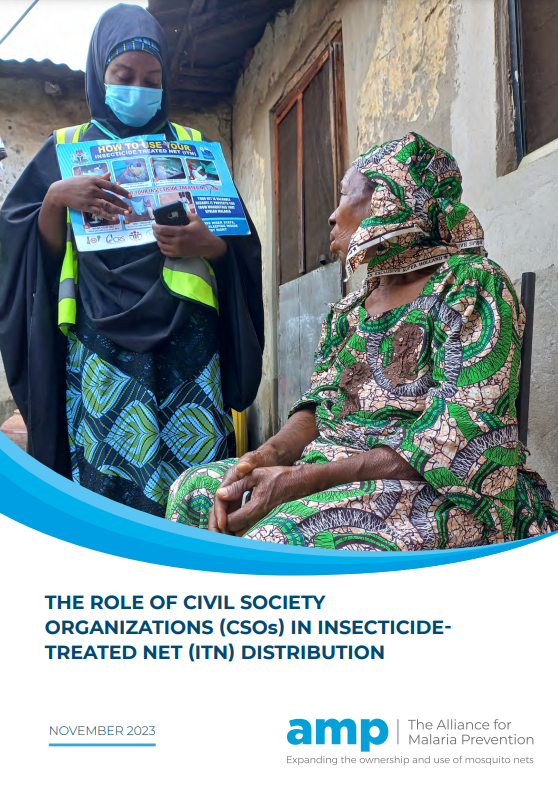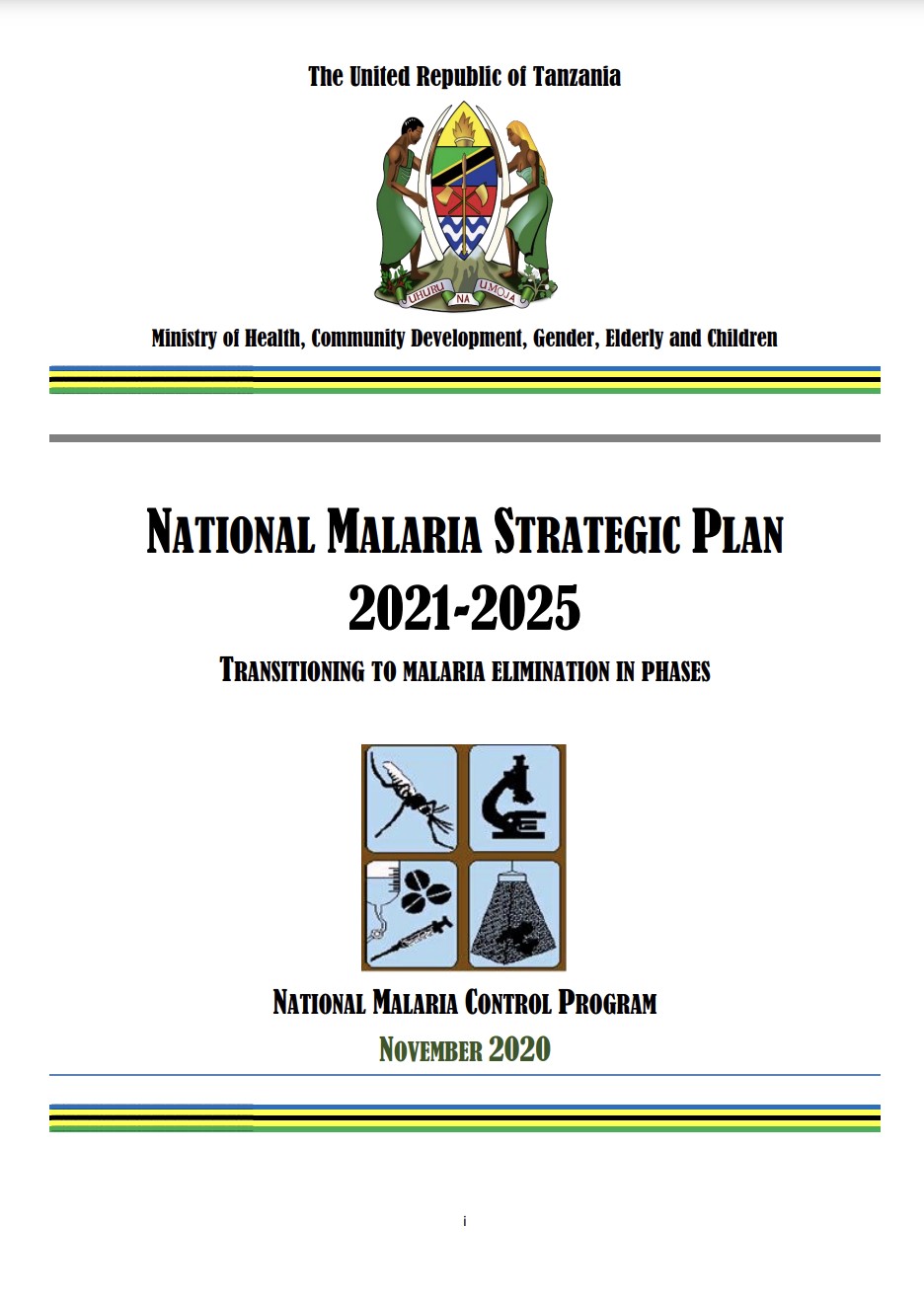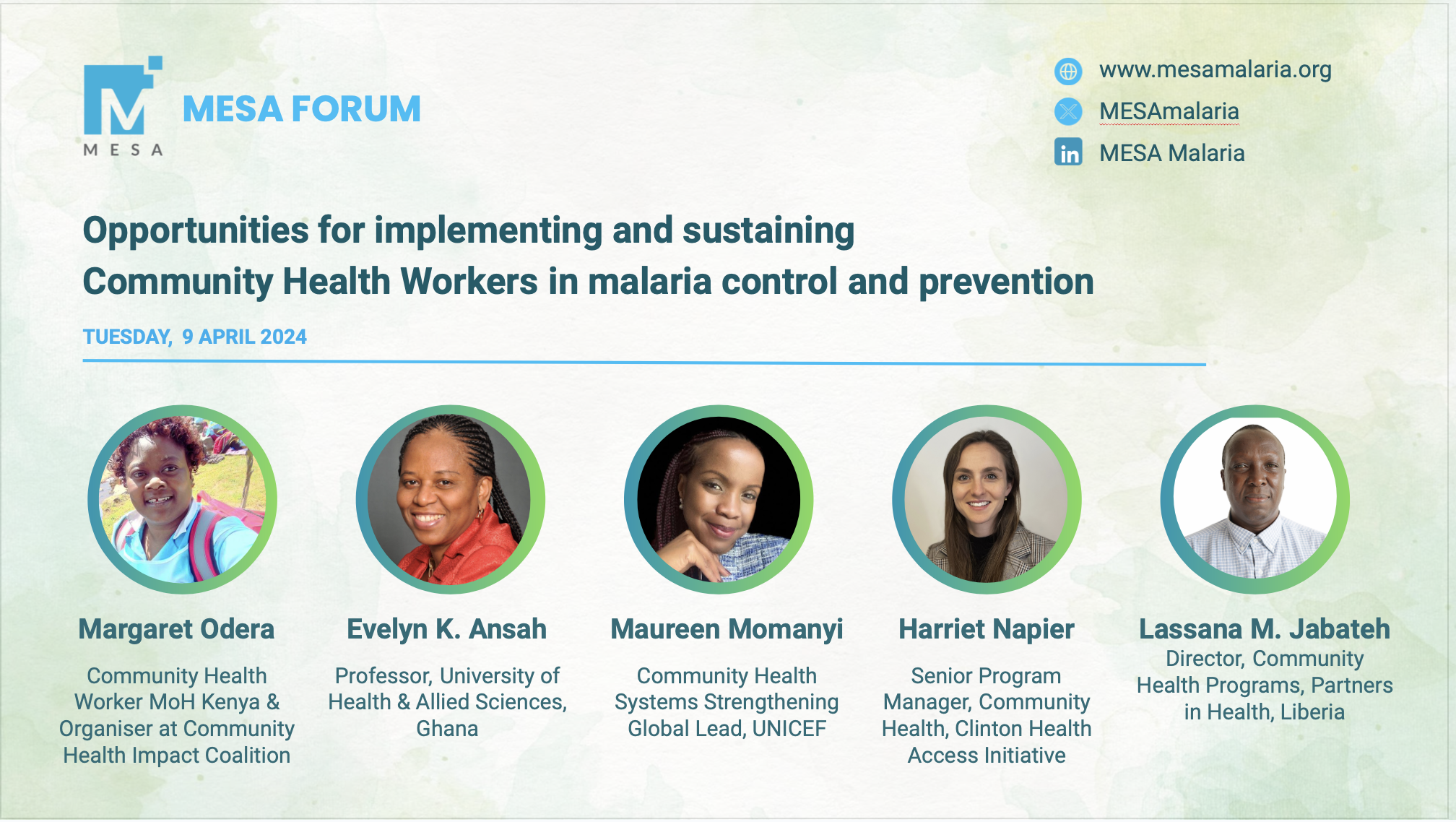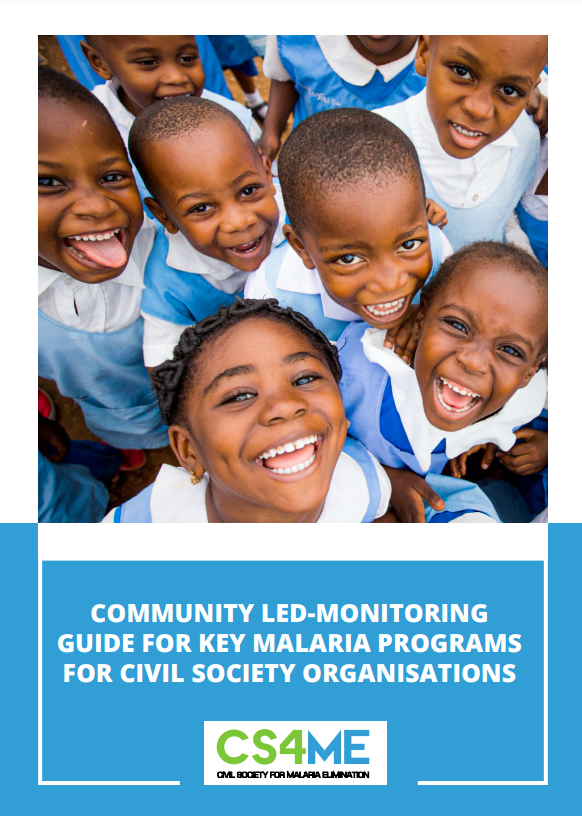The role of civil society organizations (CSOs) in insecticide-treated net (ITN) distribution
The involvement of civil society organizations (CSOs) is of benefit to the national malaria programme as members of CSOs are generally in close touch with, and are trusted members of, local communities. In the case of mass ITN distribution campaigns, CSOs may be engaged formally, with specific terms of reference developed during macroplanning by the national malaria programme covering, for example:
- Advocacy visits to community influencers and other stakeholders to ensure safe and full access to communities.
- The mobilization of households and communities to participate fully in the campaign through interpersonal visits or techniques such as street theatre.
- The promotion of positive ITN use, care and repair behaviours in communities through community meetings, door-to-door visits, school-based social and behaviour change communication (SBCC).
- Training of community leaders, teachers or school health educators so that these can contribute positively to SBC efforts in the ITN campaign.
These guidelines have been developed for national malaria programmes and their partners to demonstrate how they can engage CSOs in ITN distribution campaigns. As noted above, the extent to which CSOs can be engaged for ITN campaigns varies greatly. These guidelines assume a broader and longer-term engagement of CSOs which includes the training of community leaders, schoolteachers and school educators in the implementation of schoolbased SBC activities and monitoring the work being carried out by these stakeholders. Some national malaria programmes may choose a different strategy, for example engaging CSOs to implement school-based SBC activities within their targeted areas rather than playing a capacity-building and oversight role for schoolteachers and educators.
THEMES: Social Science | Vector Control



